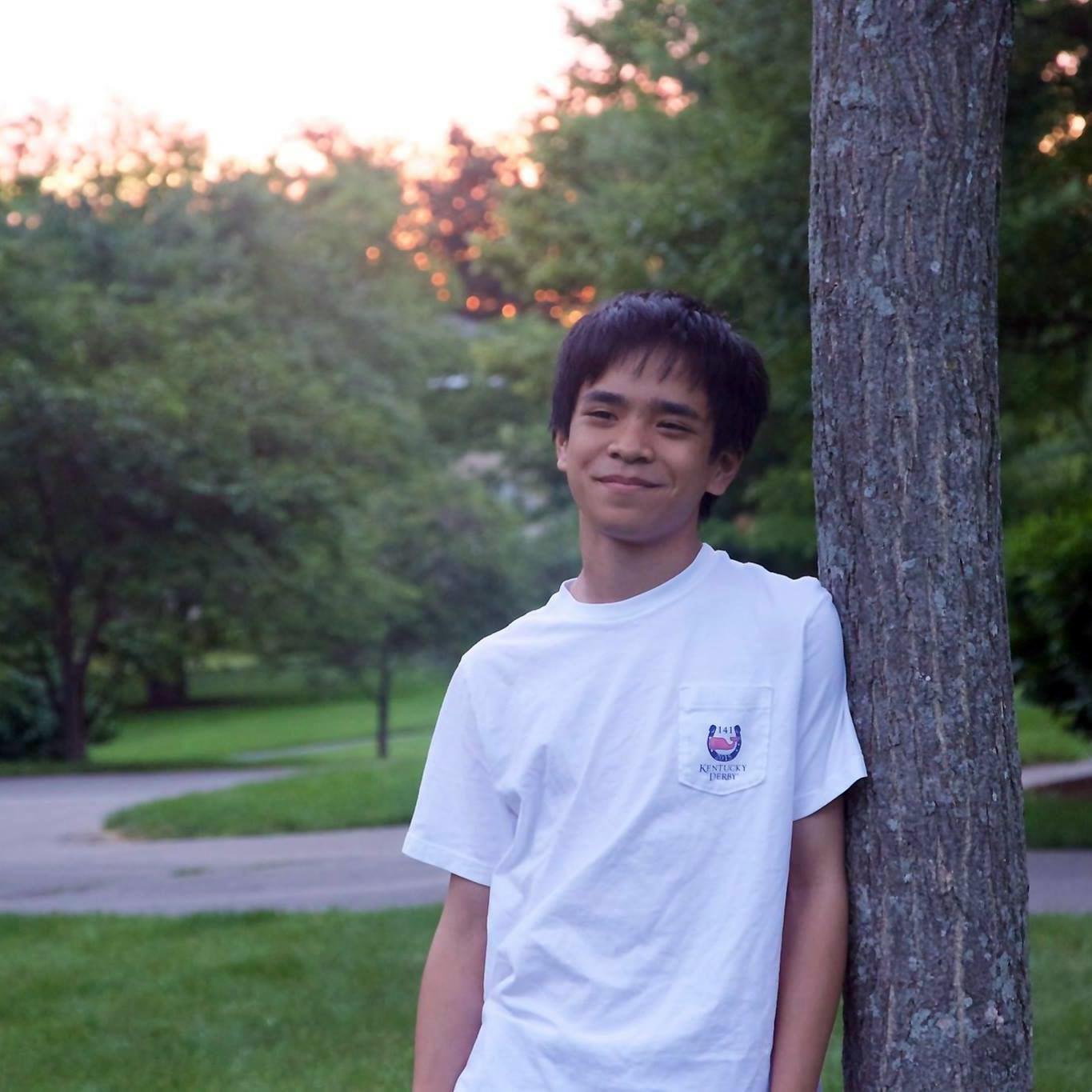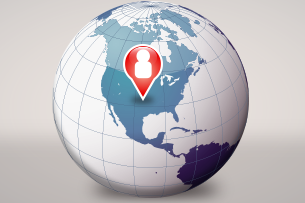
‘Are people willing to make the small sacrifice for their security?’

For Samuel Cremieux individual freedom has to be restricted to protect Europe from terrorism. He says sacrifices are necessary for the good of the people.
The 16-year old student from New York is a fresh voice of the Swiss Abroad community. swissinfo.ch gives the floor to leading members of the newly-founded online youth parliament.
swissinfo.ch: What do you want to achieve as a member of the new youth parliament of the Swiss abroad – first of all in Switzerland, and second in your country of residence?

Samuel Cremieux: As a new member of the Youth Parliament of the Swiss AbroadExternal link (YPSA), I’d like to encourage all young Swiss, regardless of where they live, to vote and participate in Swiss politics.
In Switzerland, I’d like to work with local young Swiss to participate in our events when the YPSA is organising events in Switzerland.
I would also like to encourage Swiss youth parliaments to collaborate with YPSA. In the United States, I’d like to promote YPSA throughout Swiss-American communities and organise events throughout the country so that young Swiss-Americans can meet and bond together.
For example, I’d love to organise a meeting in major US cities such as New York City and Boston where we can meet.
swissinfo.ch: What does direct democracy look like in your country of residence? Are there options that you especially appreciate? And ones that you miss having?
S.C.: In the US, there is no system of direct democracy. We vote for candidates that we think are fit for our needs and beliefs. For example, we vote for the members of the US Senate and House of Representatives, as well as member of state and county governments.
Another example is that during presidential elections for example, there is a system called “the Electoral College”.
Voters choose their favourite candidate and then in each state, voters of the winning candidate vote for the candidate (it is most likely that they vote for the party’s candidate). Overall, I think that both systems are great methods of getting citizens to participate in politics.
swissinfo.ch: In most countries young people vote less often than people of other age groups. Isn’t direct democracy a prime agent for young people to communicate their political needs and ideas?
S.C.: I think that having a system of direct democracy allows for young citizens to participate more in politics. In this day in age, social media has also influenced youth’s involvement in politics.
With the combination of direct democracy and social media, I believe that youth has been more involved in politics.
swissinfo.ch: Since the attacks in Paris, Europe has been obsessed with the terrorism of the Islamic State group. Is the fight against Islamic extremists, which has led to the restriction of individual freedoms, a danger for democracies?
S.C.: Due to the recent events that have occurred in Europe, there have been many discussions regarding IS and Islamic extremists.
There have been changes that were put in place in order to ensure Europe’s security which have indeed restricted people’s individual freedoms.
However, the question is whether people are willing to make the small sacrifice for their security.
In my opinion, there are circumstances during which sacrifices have to be made for the good of the people and currently in Europe; that may have to happen. I also think that a suitable solution must be found to aid and help the migrants.
The youth parliament of the Swiss Abroad was set up only a few months ago and is still in its infancy.
It’s primarily an online platform which brings together the about 350 members across the world for debates and other exchanges of ideas via social media and skype.
swissinfo.ch interviewed 11 young Swiss expatriates who are leading members of the youth parliament. Our questions focus on issues of participatory citizenship in their countries of residence and in Switzerland.

In compliance with the JTI standards
More: SWI swissinfo.ch certified by the Journalism Trust Initiative


























You can find an overview of ongoing debates with our journalists here . Please join us!
If you want to start a conversation about a topic raised in this article or want to report factual errors, email us at english@swissinfo.ch.